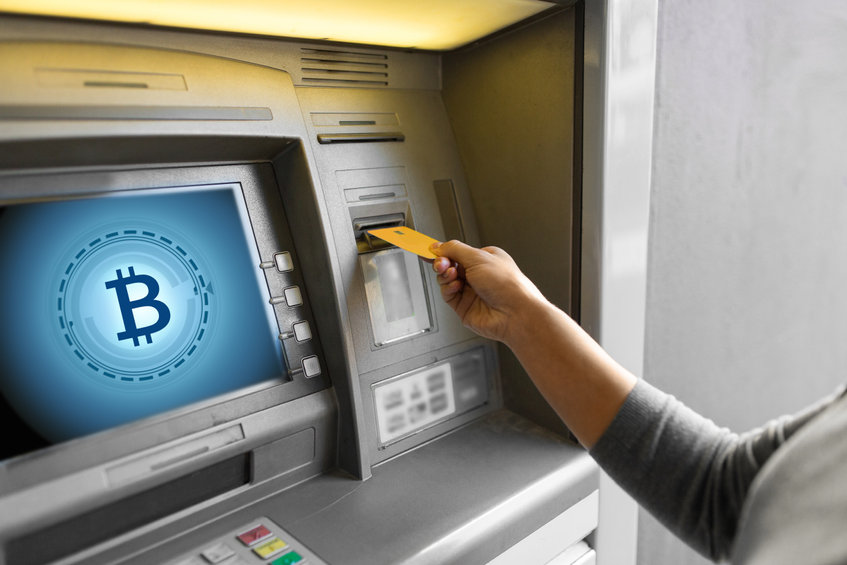
Russia’s invasion of Ukraine has led to a cascade of events that in one way or the other, has helped shine the spotlight on crypto.
If you look at it, we see sanctions putting Moscow in an economic stranglehold, made worse by a ban on Russian oil and numerous companies exiting the Russian market.
On the one hand, we have Russians who are finding it hard to move their money into crypto.
Why, because the ruble has plummeted to the floor, sanctions have hit banks, and payment giants like Visa, Mastercard, and PayPal have pulled the plug on transactions initiated from within the country.
“I think we may refer to 2022 as the year of the big catalyst for crypto because what governments did is actually force adoption,” said Ran Neuner, the host of CNBC’s Crypto Trader show.
Speaking to Al Jazeera, Neuner added that what governments have done, especially with the sanctions, is forcing people to look elsewhere.
He sees the whole banning and suspend thing as “ridiculous”- referring to the decisions by Visa and Mastercard, among other payment providers, to suspend services in Russia.
According to him (as quoted by Al Jazeera) these events are going to force people to look for an alternative financial system- in this case, the financial freedom of crypto.
Crypto exchanges are reluctant to impose a blanket ban
Crypto exchanges- Binance, Coinbase and Kraken- have so far refused to institute a blanket ban on Russian users. But as Coinbase CEO Brian Armstrong said last week, even these exchanges might be forced toe the line if they are needed to.
“Some ordinary Russians are using crypto as a lifeline now that their currency has collapsed. Many of them likely oppose what their country is doing, and a ban would hurt them, too. That said, if the US government decides to impose a ban, we will of course follow those laws,” the Coinbase chief shared last week.
Exchanges are therefore screening accounts to block only those likely to help evade sanctions. Indeed, Coinbase said on Tuesday that it would be blocking 25,000 such accounts.
It’s a small number given there are more than 17 million cryptocurrency holders, but still, a ban across all the major exchanges could hurt millions.
In 2021, a survey report showed that crypto was the fifth-most popular investment asset class in Russia. More people (17%) invested in cryptocurrency than in gold (16%) and stocks and shares (10%).

